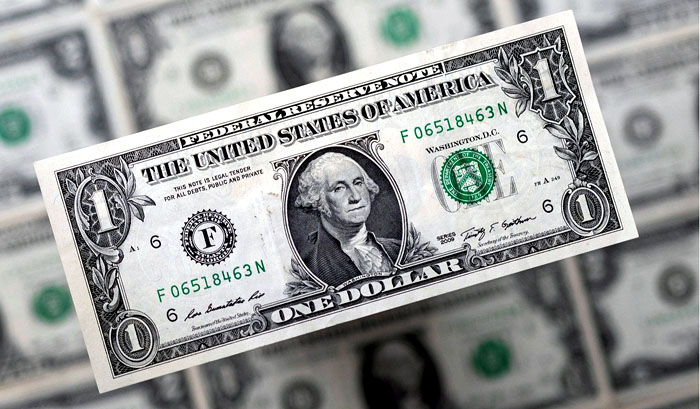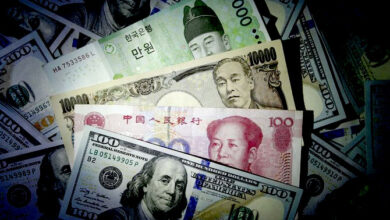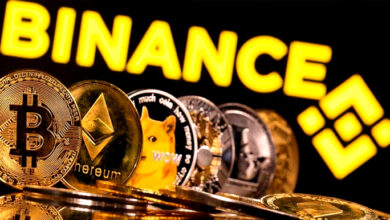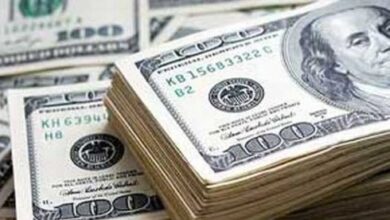The dollar goes down a little bit before payrolls, and the yen is under pressure.

In early European trading on Friday, the U.S. dollar went down a little bit, but it was still close to a 20-year high. This was because the U.S. jobs report, which is closely watched every month, could show that interest rates will go up even more.
At 3:10 ET (07:10 GMT), the Dollar Index, which compares the dollar to a basket of six other currencies, was down 0.2% to 109.438 after reaching a 20-year high of 109.602 the night before.
Related: The yen falls to a 24-year low, as a rate hike boosts the dollar.
The U.S. nonfarm payroll report for August is due out at 8:30 a.m. ET (12:30 p.m. GMT). It is expected to show that 300,000 jobs were added last month and that the unemployment rate stayed at 3.5%.
Even though this would be a slower rate of job growth than July’s 528,000, it would still be the 20th straight month of job growth. This would likely encourage the Fed to keep raising rates quickly, which would be good for the dollar.
Futures markets have priced in a 75% chance that the Fed will raise interest rates by 75 basis points at its policy meeting in September.
“Given what has happened over the last month and Fed Chair Jerome Powell’s very hawkish speech last Friday, we doubt that even a slightly weaker August jobs report will be enough to hurt this Fed pricing or the dollar,” analysts at ING wrote in a note.
The most obvious sign that traders think the Fed will raise interest rates again is in the USD/JPY pair. This is because traders see a widening interest rate gap.
At 140.19, USD/JPY was mostly flat, and it moved above the key 140 area for the first time since 1998. This is putting more pressure on Japanese officials to support their currency, which has been struggling.
Aside from that, EUR/USD went up 0.3% to 0.9977 after falling below parity on Thursday. This happened because a survey showed that manufacturing activity in the Eurozone fell again last month because of rising energy prices.
The euro got some help before next week’s meeting of the European Central Bank. Most people expect the bank to raise interest rates by a big 75 basis points next week, since Eurozone CPI hit a new high in August.
GBP/USD rose 0.2% to 1.1561, just above a new multi-year low. It had fallen below 1.15 overnight as the U.K. economy heads toward a likely long recession and the government struggles with a worsening balance sheet.
Related: The dollar soars against the yen, and interest rate differentials widen.
“GBP seems to be getting a fiscal risk premium. “The simplest thing for Cable to do would be to retest the March 2020 flash crash low of 1.1415,” said ING.
USD/CNY dropped 0.1% to 6.9022, and the yuan is still being pushed down because of the new COVID-19 lockdown measures in Chengdu.





